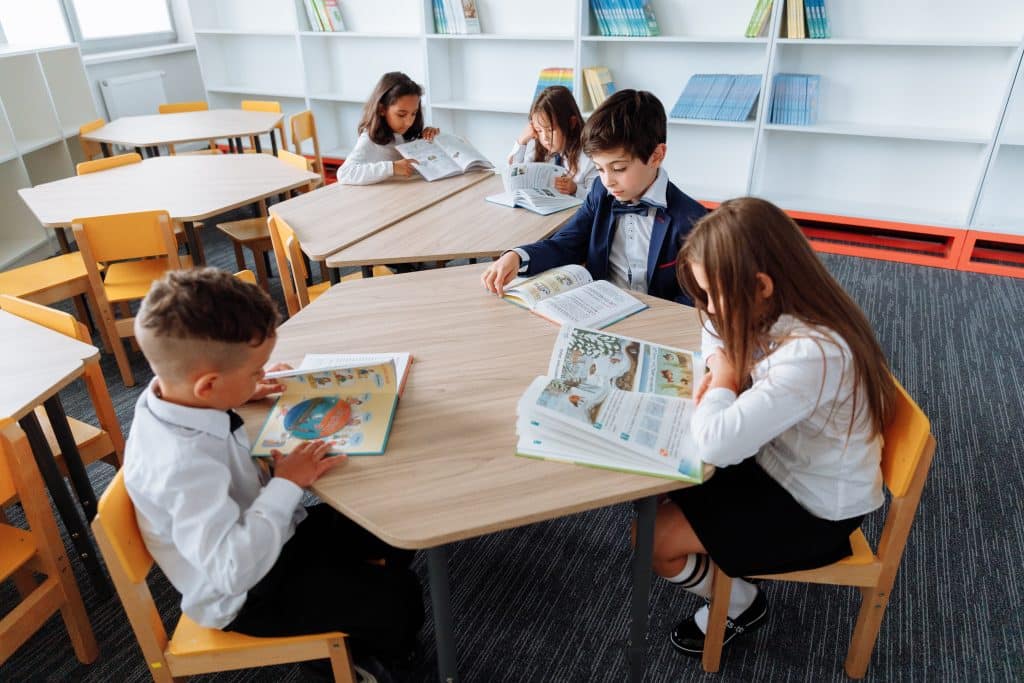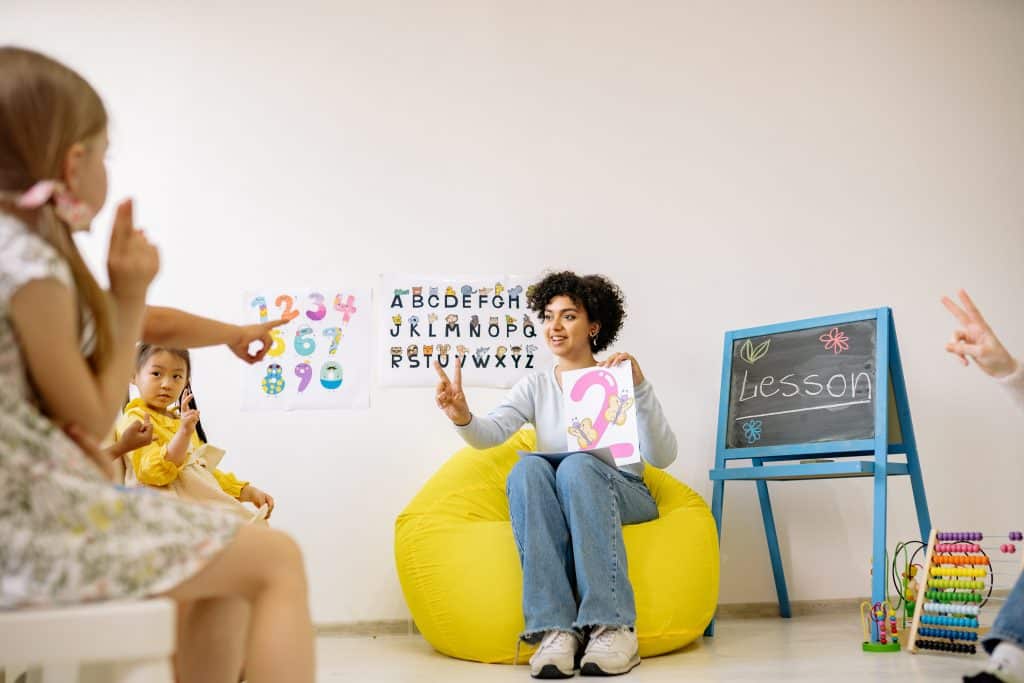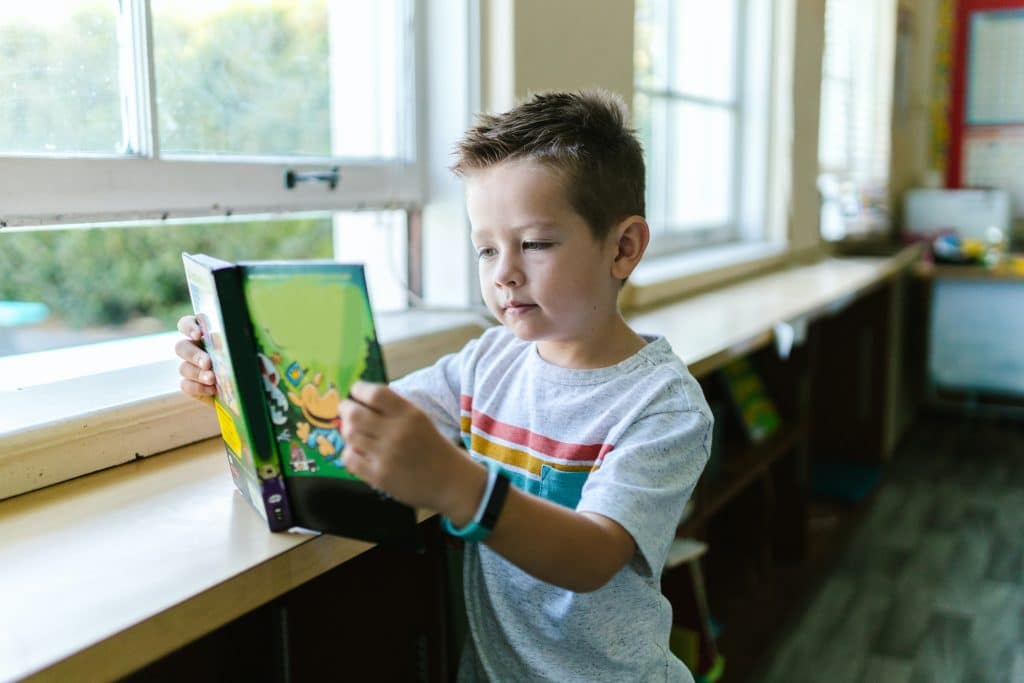Have you ever found yourself wondering what the term “learning differences” truly mean? You’re not alone. Parents often find themselves puzzled by this term, especially when it comes to their own kids. But fear not; this blog post is here to help you unravel the enigma of learning differences and provide you with practical insights to support your neurodivergent child. We’ll explore the various types of learning differences, their impact on kids, and strategies to help them thrive. So, let’s get started!
Table of Contents
Defining Learning Differences: More Than Meets the Eye
First and foremost, it’s essential to understand that learning differences are not a one-size-fits-all concept. In fact, they encompass a wide range of cognitive, emotional, and behavioral variations that affect how kids process and retain information. To clarify, here are some common examples:
- Dyslexia
- Attention Deficit Hyperactivity Disorder (ADHD)
- Autism Spectrum Disorder (ASD)
- Dyscalculia
- Nonverbal Learning Disorder (NVLD)
However, it’s crucial to remember that these labels don’t define your child. Instead, they offer a starting point for understanding their unique strengths and challenges. Above all, recognizing and embracing these differences can empower your child to reach their full potential. So, what does learning differences mean? It means understanding and celebrating the uniqueness of each child.

Read more: Learning Differences in Kids
Impact of Learning Differences on Kids
Now that we’ve answered the question, “What does learning differences mean,” let’s explore how they can affect your child’s life. For instance, kids with learning differences may struggle with:
- Reading, writing, or math skills
- Concentration and focus
- Organization and time management
- Social interactions and communication
- Emotional regulation and self-esteem
But, on the other hand, these kids often possess exceptional talents and abilities that can be nurtured and celebrated. For example, they may excel in creative pursuits, problem-solving, or empathy. So, it’s essential to focus on their strengths and provide the right support to help them overcome challenges.
| Challenges | Strengths |
|---|---|
| Reading, writing, or math skills | Creative pursuits |
| Concentration and focus | Problem-solving |
| Organization and time management | Empathy |
Strategies to Support Kids with Learning Differences
Now that we’ve delved into the world of learning differences let’s discuss some practical strategies to help your child thrive:
1. Early Identification and Intervention
Firstly, early identification of learning differences is crucial for providing timely support. Consult with professionals like pediatricians, psychologists, or educators to assess your child’s needs and develop an individualized plan. Remember, the sooner you intervene, the better the outcomes for your child. In addition, Goally’s learning tablet can be a helpful tool for early identification and support.

Read more: Autism Spectrum Test Toddler
2. Embrace a Strengths-Based Approach
Focus on your child’s strengths and interests to boost their confidence and motivation. Encourage them to participate in activities that showcase their talents and celebrate their achievements, big or small. For example, if your child has a knack for drawing, enroll them in art classes or provide them with drawing materials to nurture their passion.
3. Foster a Supportive Environment
Create a nurturing and inclusive atmosphere at home and school. Encourage open communication, and collaborate with teachers and therapists to ensure your child receives the necessary accommodations and resources. Moreover, be patient and understanding, as your child may need extra time or assistance to complete tasks or grasp new concepts.
4. Equip Your Child with Tools and Strategies
Introduce your child to assistive technologies, like Goally’s learning tablet, which can help them overcome learning challenges. Teach them coping strategies, such as mindfulness or time management techniques, to navigate daily life more effectively. Additionally, work with educators and therapists to identify the best tools and strategies tailored to your child’s needs.
5. Be Your Child’s Advocate
Lastly, be your child’s fiercest advocate. Stay informed about their rights, and work with professionals to ensure they receive the support they need. Most importantly, believe in your child’s abilities and potential. After all, your unwavering support can make all the difference in their journey.
Goally | Apps To Support Child Development
Looking for fun ways to help your child learn life skills? Try Goally! The Goally tablet comes with award-winning learning apps and video classes to help kids develop the skills they need to become independent with FUN & evidence-based practices.

Our apps teach executive function, language, emotional regulation, finger dexterity skills, and more.
As your child develops new skills, you can increase the difficulty level of the tasks in the app to challenge and motivate them even further. This helps your child grow and progress at their own pace, while also keeping them engaged and excited about their development.

Embracing the Journey: Learning Differences and Beyond
In short, understanding what learning differences mean is just the beginning of a rewarding journey. By recognizing and embracing your child’s unique strengths and challenges, you can empower them to thrive in their own way. So, keep learning, advocating, and celebrating your neurodivergent child, and watch them flourish. With the proper support, tools like Goally’s learning tablet, and a loving environment, your child can achieve great things.
This post was originally published on 05/24/2023. It was updated on 11/08/2023.

Goally
We help parents teach their kids life skills, like doing bedtime and morning independently. Backed by science, we incorporate evidence-based practices and expert-informed designs in all of our apps and content.






